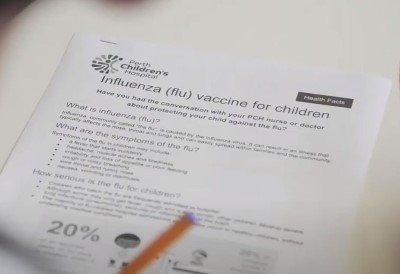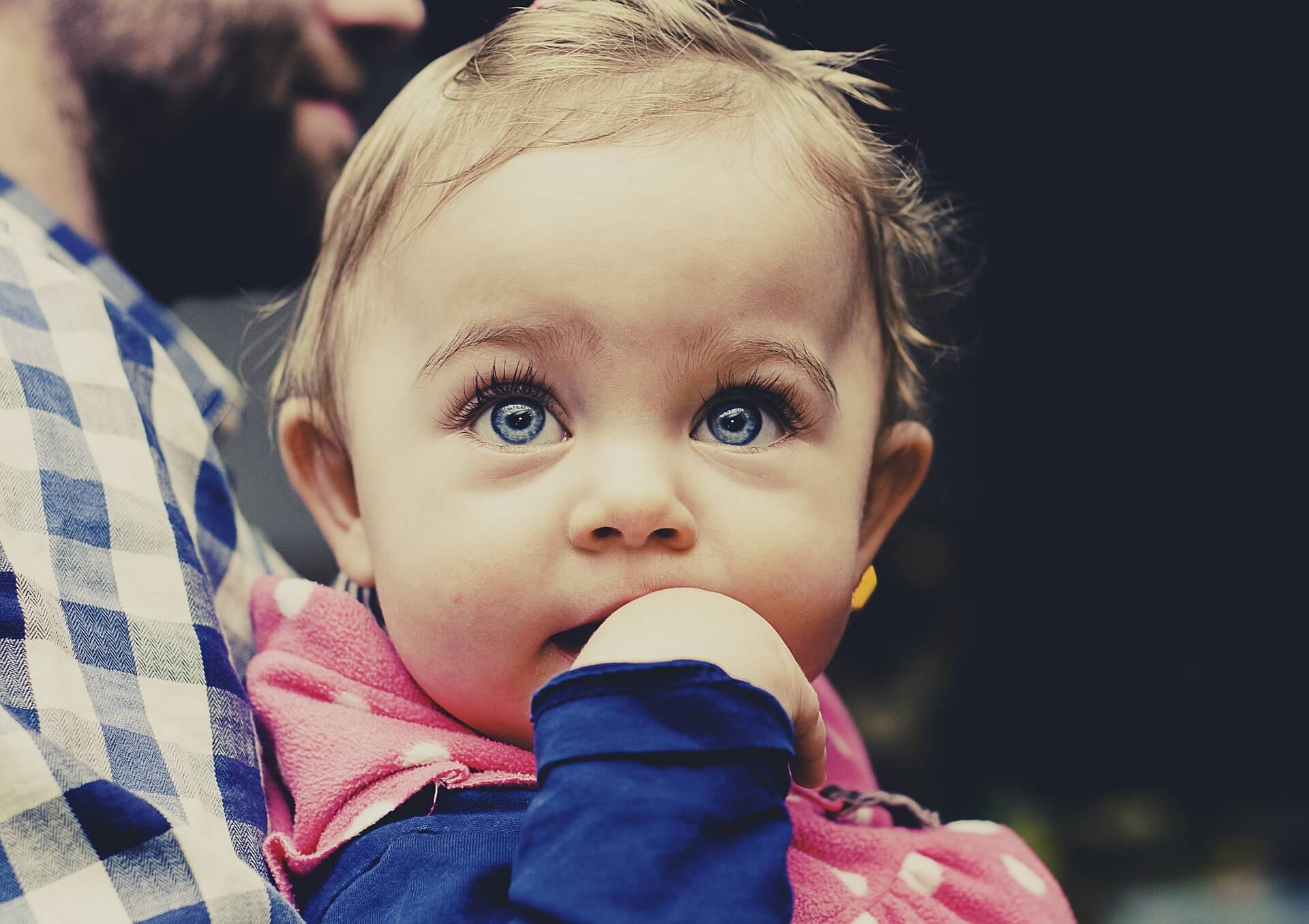Search
Research
Using provider-parent strategies to improve influenza vaccination in children and adolescents with special risk medical conditions: a randomised controlled trial protocolInfluenza immunisation is a highly cost-effective public health intervention. Despite a comprehensive National Immunisation Program, influenza vaccination in children and adolescents with special risk medical conditions (SRMCs) is suboptimal. Flutext-4U is an innovative, multi-component strategy targeting paediatric hospitals, general practice and parents of children and adolescents with SRMC.
Research
Consistency of self-reported and documented historical influenza vaccination status of US healthcare workersHealthcare personnel (HCP) are a priority group for annual influenza vaccination. Few studies have assessed the validity of recall of prior influenza vaccination status among HCP, especially for more than one preceding season.
Research
Influenza epidemiology in patients admitted to sentinel Australian hospitals in 2019: the Influenza Complications Alert Network (FluCAN)This report summarises the epidemiology of hospitalisations with laboratory-confirmed influenza during the 2019 influenza season. The Influenza Complications Alert Network (FluCAN) is a sentinel hospital-based surveillance program that operates at sites in all jurisdictions in Australia.
Latest news & events at the Wesfarmers Centre of Vaccines & Infectious Diseases.

News & Events
Warm Welcome for the Neonatal Infection and Immunity TeamClinical Professor Tobias Strunk, Dr Andrew Currie and their Neonatal Infection and Immunity Team have become the newest members of the Wesfarmers Centre of Vaccines and Infectious Diseases.

News & Events
Help us build a new weapon in the fight against deadly fluAt just two years old, Lucy lost her fight against flu. With your generous help, we can finally beat influenza.

News & Events
RSV and influenza detections hit record low levels in 2020Western Australia has experienced historically low levels of respiratory syncytial virus (RSV) and influenza this winter due to the public health measures implemented to prevent the spread of COVID-19.

News & Events
Flu study gives vital early protection to bubs this winterThe FluBub Study will investigate whether giving the flu vaccine much earlier than the six months currently recommended by the National Immunisation Program will protect babies at the greatest risk of a severe influenza infection when they are most vulnerable.

News & Events
Australian parents oblivious to true danger of the fluNew research investigating the devastating impact of the 2017 flu season by PAEDS-FluCAN, a national collaboration observing influenza in children, confirmed it was time to take action after thousands of children were hospitalised with the virus last year.
Research
Influenza and pertussis vaccine coverage in pregnancy in Australia, 2016-2021Vaccination in pregnancy is the best strategy to reduce complications from influenza or pertussis infection in infants who are too young to be protected directly from vaccination. Pregnant women are also at risk of influenza complications preventable through antenatal vaccination. Both vaccines are funded under the National Immunisation Program for pregnant women in Australia, but coverage is not routinely reported nationally.
